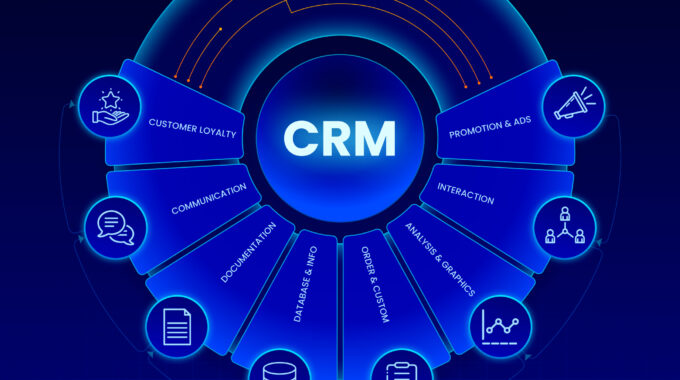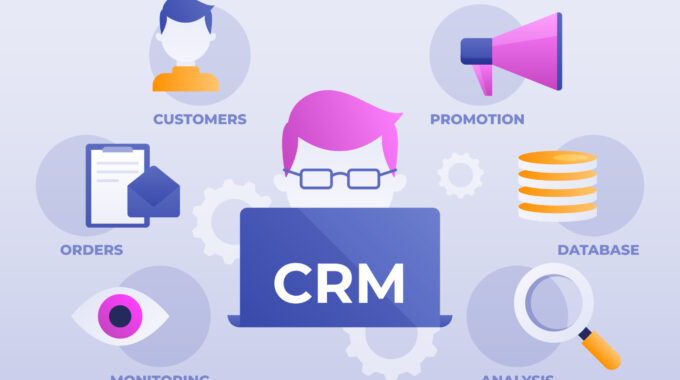Introduction A CRM system offers numerous benefits to businesses, especially those involved in sales, marketing,…

Small Business Owners: What are your biggest CRM implementation and utilization challenges?
Introduction
Customer Relationship Management (CRM) serves as an effective growth booster, particularly for small and medium businesses. It analyzes customer behavior and purchase patterns, providing valuable insights. In the highly competitive industry landscape, understanding customer preferences is crucial for improved service.
Additionally, a CRM platform not only serves existing customers but also aids in lead generation, ultimately contributing to increased sales. Cloud-based CRM tools like Salesforce, renowned for their business-friendly features, stand out. Despite facing a set of challenges, small businesses often consider transitioning to CRM. However, with the right strategies, these obstacles can be overcome.
Let’s examine some of the commonly perceived challenges associated with CRM:
- Failure to Define Objectives: Many small businesses mistakenly omit setting clear objectives for CRM adoption. Defining objectives reduces time wastage and encourages open communication among staff, fostering alignment towards a single objective.
- Re-aligning the Workforce for CRM Product: Adjusting staff roles and hierarchy with CRM in mind is crucial. CRM isn’t just an automation tool; it’s a business enabler requiring time and effort for a good ROI.
- Effective Customization: Implementing a CRM tool meant for large enterprises is a common mistake. Customization considering minute details is vital to ensure the CRM tool aligns with your business’s sales process, reaping maximum benefits.
- Integration with Existing Business Practices: CRM implementation should harmonize with existing business practices without major disruptions. It should seamlessly integrate with services like email accounts, calendars, contacts, and online storage. Your business processes should be equipped to handle modern CRM features.
- Flexibility: Flexibility in CRM tool selection is essential, allowing deep customizations and adaptability to various setups such as cloud, on-premise, or private cloud. Likewise, your business practices should be flexible in adjusting to the CRM implemented.
- Miscellaneous Challenges: Other potential hurdles include a complicated system difficult for non-technical staff to comprehend, inadequate training, internal company policies regarding CRM data access, inexperienced CRM vendors, and irregular data entry by salespeople.
Conclusion
These challenges underscore the importance of proactively addressing them to ensure a successful CRM implementation, especially for SMBs with significant growth potential. Alignment of people, technology, and processes is key to realizing the optimal benefits of CRM integration within your business.
About Apoorva:
Apoorva is a technology services company that assists software products with ideation, developing prototypes, programming, creating a digital marketing presence and accelerating sales through direct contact. Over 150 for-profit and non-profit organizations, such as Xcel Energy, PeopleCare Health Services, Frontier Airlines and Centers for Spiritual Living have trusted Apoorva to build software.
Apoorva was founded in 2001, has more than 50 employees, and uses proprietary and proven methodologies to bring technology products to the market. Contact us / Visit apoorva.com for more information.




